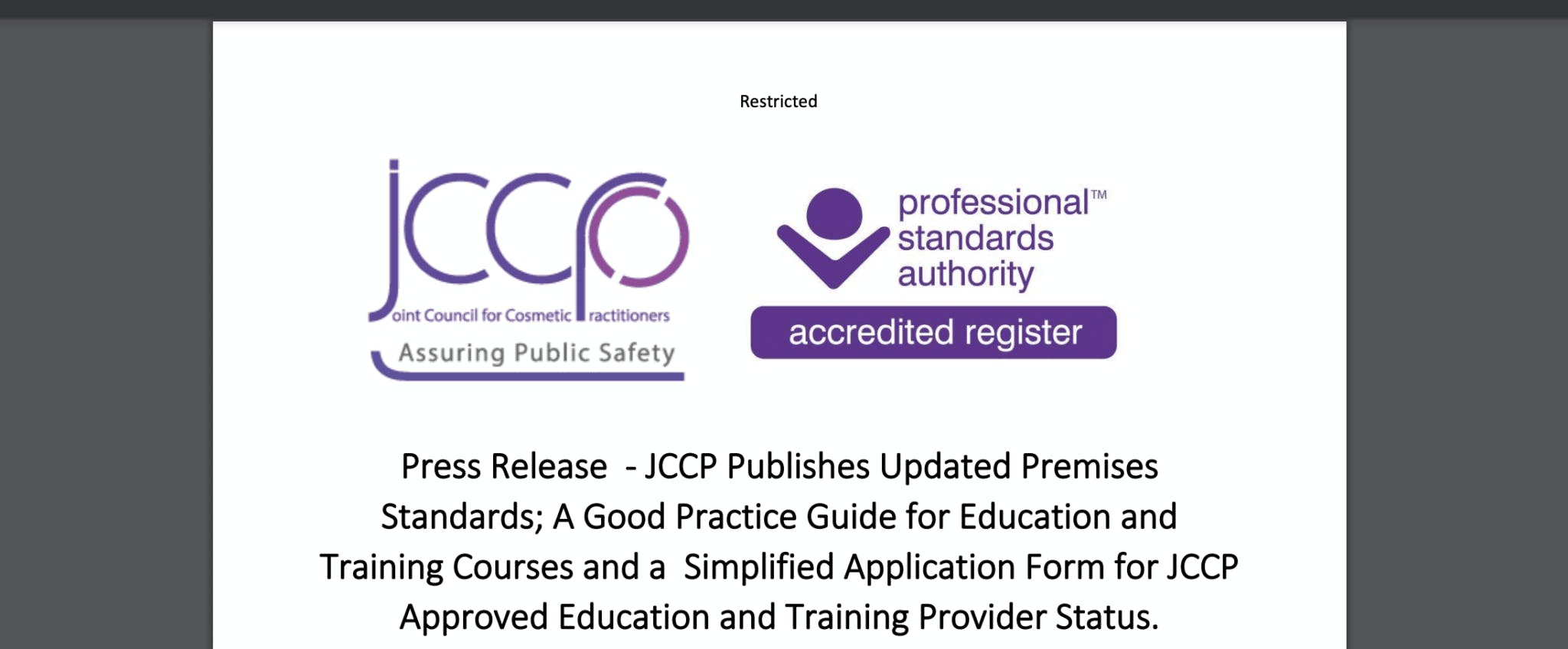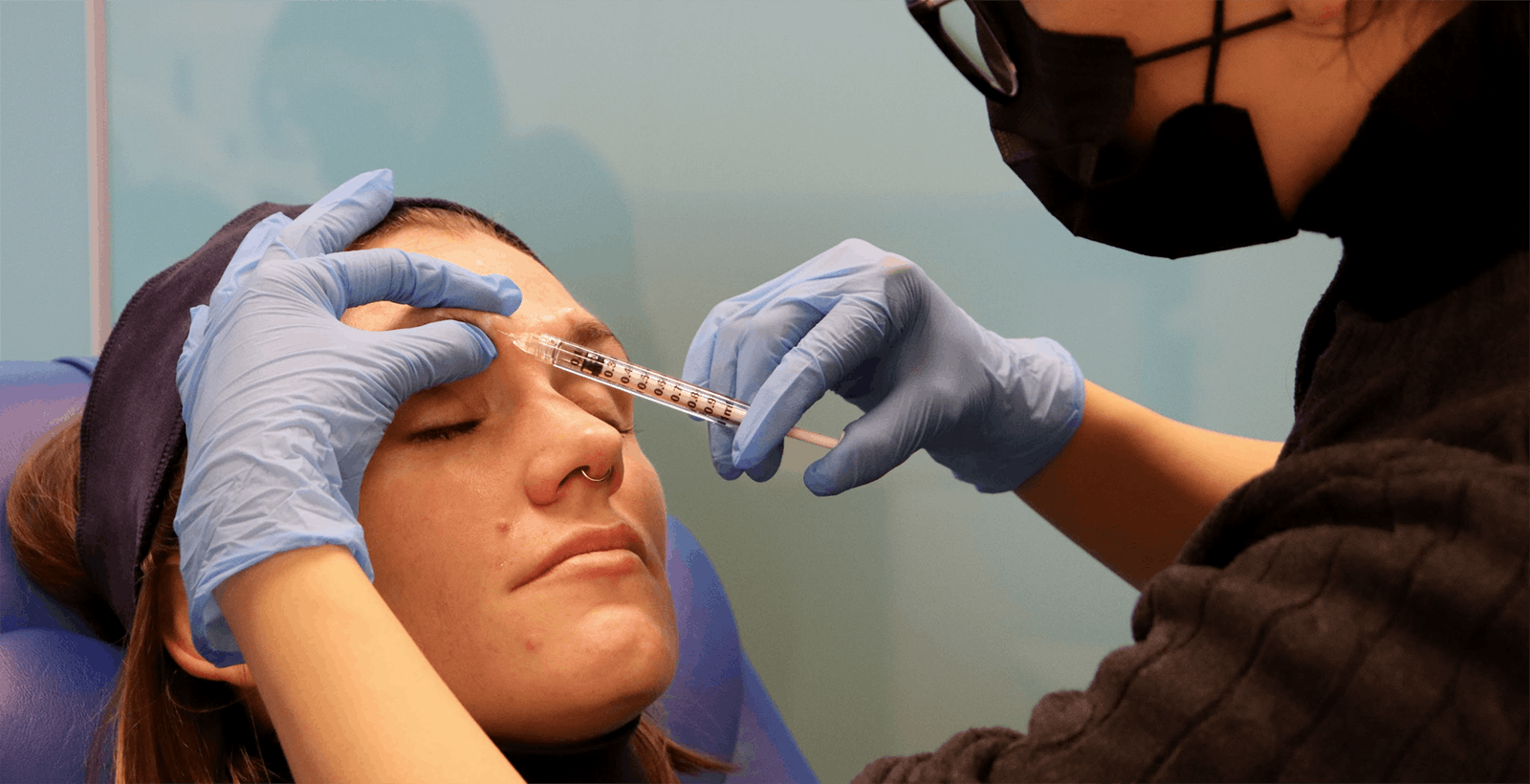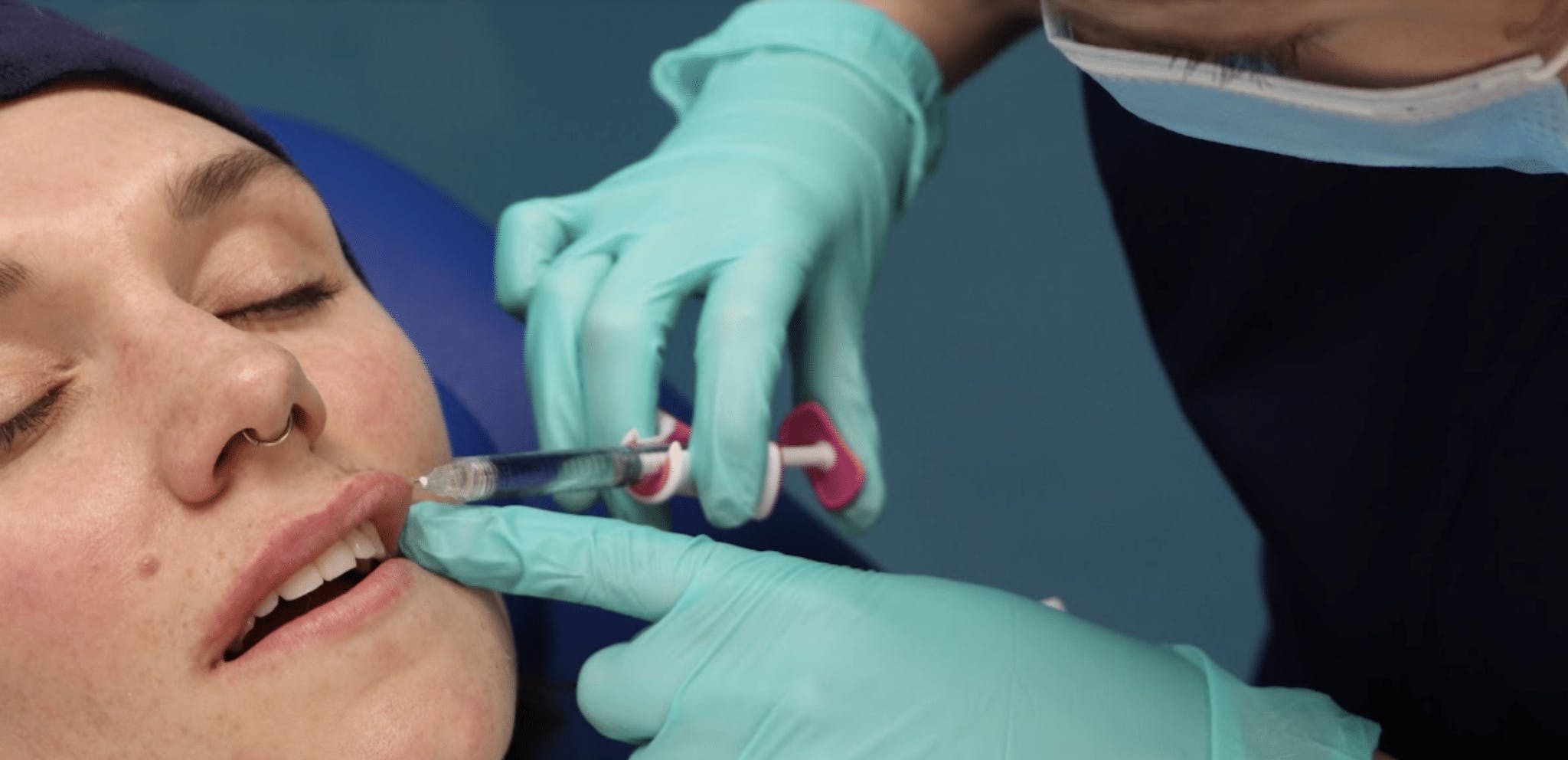New JCCP good practice guide for Aesthetics Training

The Joint Council of Cosmetic Practitioners (JCCP) has published a Good Practice Guide for aesthetics training.
This is primarily intended to support providers of aesthetic medicine courses. However, it’s also useful for healthcare professionals seeking to undertake injectables training.
Harley Academy is a JCCP approved provider of non-surgical aesthetics training courses. We are proud to have a longstanding relationship with the JCCP as part of our commitment to raising standards in aesthetic education.

JCCP GOOD PRACTICE GUIDE FOR EDUCATION AND TRAINING COURSES IN AESTHETICS
“The JCCP is aware that there is considerable variation in the approach that the aesthetic and non-surgical cosmetic industry takes to providing education and training…” the organisation states in a 1 December 2022 press release.
It goes on to note “discrepancies within how education and training providers take to promoting courses” and “the form of courses offered” as part of their reasoning for publishing this guide.
According to the JCCP, it’s Good Practice Guide for Education and Training Courses “has been written to support education and training providers in the aesthetics and non-surgical cosmetic sector with their pathways and programmes to educate and train, and well as supporting those seeking to develop their own individual knowledge and skills and as part of necessary CPPD in the dynamic aesthetics and non-surgical cosmetic sector.”
PREPARED FOR ANTICIPATED AESTHETICS REGULATIONS AND LICENSING REQUIREMENTS
It is widely understood that the Department of Health and Social Care (DHSC) in England will be introducing licensing for aesthetics practitioners. Bringing in mandatory licences for injectors and for their premises is part of the government’s wider regulatory intentions for the sector.
According to the JCCP update, the DHSC licensing plan “is reported to include the need for all practitioners who provide procedures that may be included in the scope of the licence to demonstrate that they have achieved a minimum standard of education and training (which is yet to be determined following public consultation next year). This is essential to ensure patient safety, and thus should be a central pillar of a future licensing regime.”
In order for injectors to be able to meet any such requirements to demonstrate a particular skill level, a minimum standard of aesthetic education will need to be set.

IS THE LEVEL 7 IN INJECTABLES THE MINIMUM QUALIFICATION ALL AESTHETICS PRACTITIONERS MUST HAVE?
There has been much speculation as to whether this “minimum standard” will be the Level 7 Diploma in injectables.
As we have explained previously, there are a number of reasons why the Level 7 – developed in 2015 by our founder, Dr Tristan Mehta – has entered the chat here.
The Level 7 injectables qualification was mapped to the Health Education England (HEE) guidelines from the beginning. Additionally, it was the first – and remains the only – Ofqual-regulated postgraduate injectables qualification in the UK.
Given the Level 7 is the only current UK qualification to meet these criteria, it’s easy to see why people have logically assumed this will be announced as the minimum qualification aesthetics practitioners will require to practise in England.
However, to reiterate, there’s been no official guidance on this one way or the other. Until the 2023 consultation has concluded, we’re unlikely to hear which way the government is leaning.
Whatever happens, we are proud that our Level 7 Diploma in Botox & Dermal Fillers continues to deliver the most thorough, holistic, ethical and engaging training to healthcare professionals. The standard of our training and our focus on safe practice through one-on-one mentored learning, already means that Harley Academy has 10 times as many graduates as any other centre.

SUPPORTING MINIMUM STANDARDS IN AESTHETIC EDUCATION
The JCCP’s Good Practice Guide “in part supports achieving minimum standards in education and training for providers, and furthermore the competence of individuals thereof, and sets out the JCCP’s expectations regarding ethical and accurate advertising of training courses in the sector.”
The Guide also “differentiates between pre-qualifying training courses (designed for practitioners to acquire the requisite knowledge and practice competencies to perform non-surgical procedures both safely and effectively) and short courses and CPPD courses.”
You can view this Good Practice Guide for Education and Training Courses in aesthetics on the JCCP website.
All information correct at the time of publication.
Download our full prospectus
Browse all our injectables, dermal fillers and cosmetic dermatology courses in one document
By submitting this form, you agree to receive marketing about our products, events, promotions and exclusive content. Consent is not a condition of purchase, and no purchase is necessary. Message frequency varies. View our Privacy Policy and Terms & Conditions
Attend our FREE open evening
If you're not sure which course is right for you, let us help
Join us online or in-person at our free open evening to learn more
Our Partners













STAY INFORMED
Sign up to receive industry news, careers advice, special offers and information on Harley Academy courses and services

